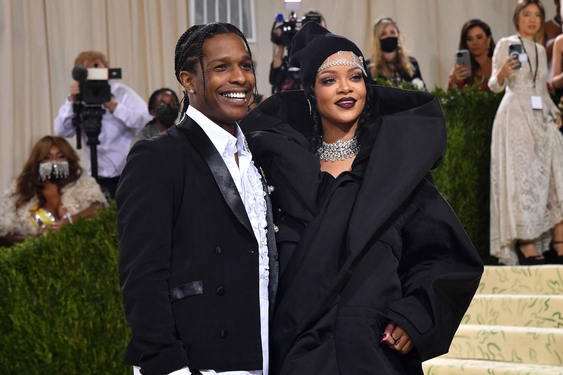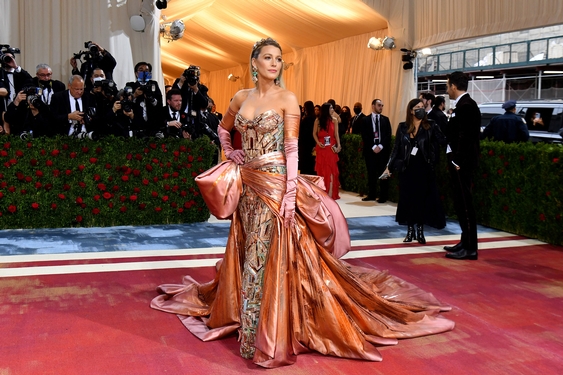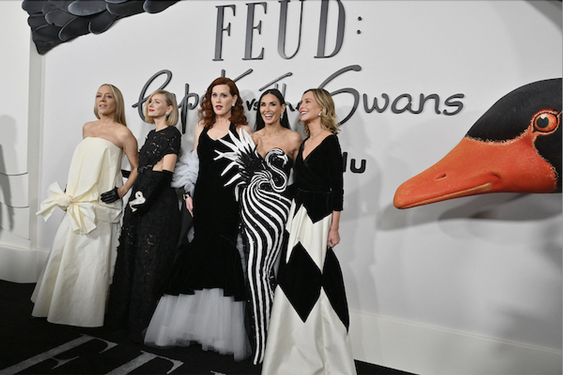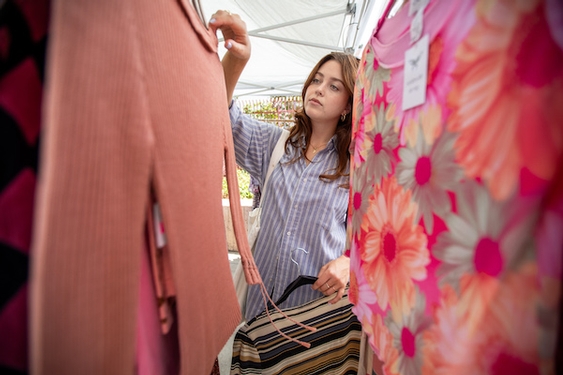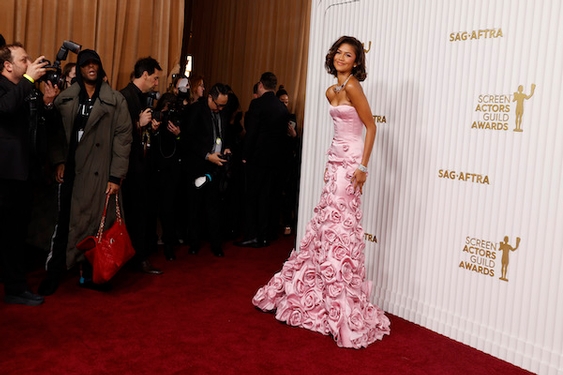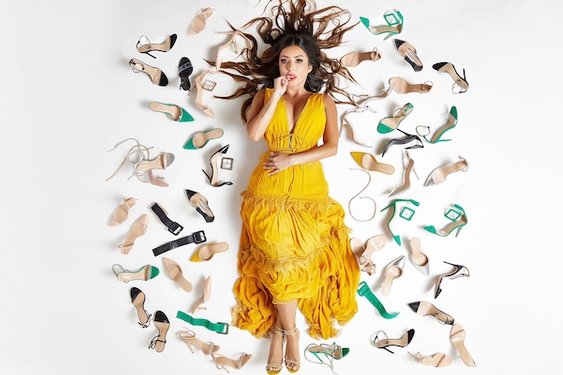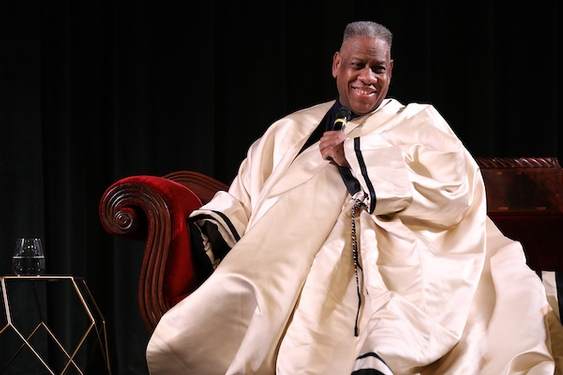The signs seem promising:
–ABC's “Ugly Betty” has become one of this season's most popular TV shows, and its star, America Ferrera, won a Golden Globe.
–The fashion industry has been taking aim at models who are too thin, going so far as to banish some from the runway.
–The Dove Campaign for Real Beauty has made a splash with ads featuring women with curves, women with plain faces, women who are bigger than a size 10 – basically, the faces and bodies of the majority of American women.
–Jennifer Hudson, the voluptuous star of Dreamgirls and winner of this year's best supporting actress Oscar, is the cover girl for the March issue of Vogue .
Promising? Not so fast. Amid these small signs that our perceptions of beauty may be changing are reminders that looks still play a role in how people respond to one another.
Consider this story: A sorority at DePauw University in Indiana recently booted 23 members – including every woman who was overweight, as well as the only black, Korean and Vietnamese members. The members who weren't kicked out, according to a report in the New York Times , “were slender and popular with fraternity men – conventionally pretty women the sorority hoped could attract new recruits.”
How about the attention that model/talk show host Tyra Banks received for hitting 160 pounds? “America's top waddle,” she recounted to her audience in a tearful, angry rant as she repeated some of the mean comments made about her.
Here's the ugly truth: In spite of all the positive talk that beauty is only skin deep, evolutionary studies may say otherwise. Many scientific studies have concluded that beauty is an essential part of human nature, and in the Darwinian struggle for survival, we naturally choose beauty over “Ugly Betty.”
Even 3-month-old babies who have not been bombarded with societal expectations gaze longer at attractive faces than unattractive ones, studies have found – an indication that beauty is not learned.
“From an evolutionary perspective there are standards of beauty that don't change,” says R. Elisabeth Cromwell, an evolutionary and developmental psychology professor at the University of Colorado at Colorado Springs.
The genes that code the brain to find certain attributes attractive are passed from one generation to another. We have evolved to look for youth and fecundity when seeking mates, she says. In other words, people are programmed to make babies.
For example, women are attracted to men with square jaws because the bone growth signals that the guy has lots of testosterone. Women also are inclined to select tall men, because height, like beauty, indicates health and genetic strength.
Ironically, men are not programmed to go for the superskinny look. The fat of curvaceous buttocks, thighs and breasts come from estrogen, which is necessary for successful reproduction.
So why do so many people idealize the woman who resembles a stick figure? Hollywood, the modeling industry, the media and the “you can't be too rich or too thin” mind-set all come into play, experts say.
Over time, thin and beautiful has become associated with rich and famous; we're constantly bombarded with images of beautiful people, Cromwell says, and thus we become convinced it's the norm. It's a hard image to change, regardless of “Ugly Betty” and the fight against anorexia.
“They are making a big deal in New York fashion about changing, but they are not changing – maybe in 200 years, but not in my lifetime,” says Donna Baldwin, president of Donna Baldwin Talent Agency in Denver. “That's because, honestly, everyone wants to think they will look like the girl in the ads. Just because ‘Ugly Betty' is popular on TV doesn't mean it will sell Lancôme. They want a beautiful face.”
For all our evolutionary predispositions and ingrained perceptions, there are still glimmers of hope for those of us who weren't born with the perfect nose, the perfect lips, the perfect cheekbones, the perfect body. The Dove ad campaign, “Ugly Betty” and Jennifer Hudson's meteoric rise to stardom are combining to raise awareness that, well, we can't all be perfect.
© 2007, The Gazette (Colorado Springs, Colo.).
Distributed by McClatchy-Tribune Information Services.


